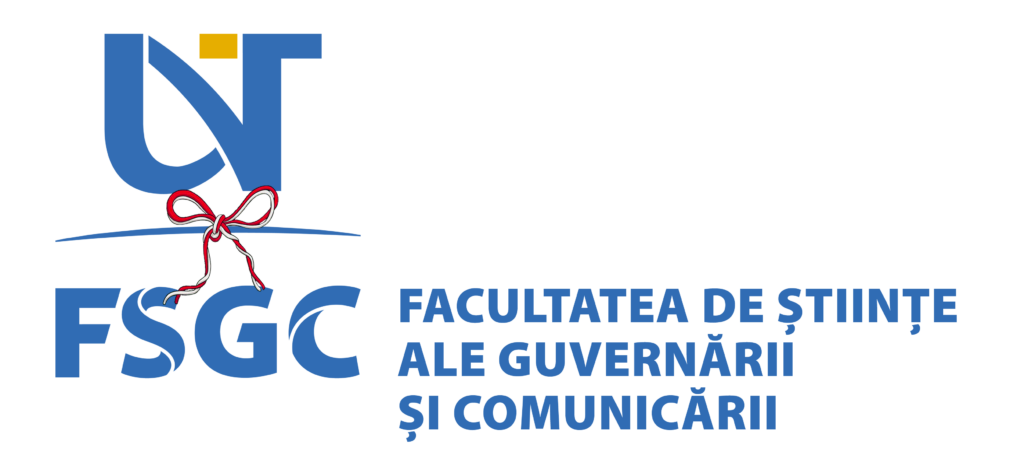West University of Timișoara, November 3rd 2023
After a long history of almost neglect, the Deliberatio supra hymnum trium puerorum ad Isingrimum liberalem by St. Gerard of Cenad (written approximatively between 1030 and 1046) has been published as a bilingual edition in 2019. The previous editions of our International symposium (2013, 2014, 2015, 2016) were dedicated to the work and life of this iconic author for the Central European religious and philosophical medieval culture; now the time has come to discuss the most recent edition and build a contemporary scientific exegesis on the now available text.
We are honored to host academics and researchers interested in the Philosophy, History, Theology, Arts and Culture of the Eleventh Century Central Europe to take part at our 2023 colloquium in Timișoara dedicated to the intellectual traditions in the Deliberatio of St. Gerard of Cenad.
Program
November 3rd, 2023
Sala Rotonda, Str. Oituz 4, Timișoara
h. 10,00-10,30
Cristian GAȘPAR, Department of Medieval Studies, Central European University, Viena:
Writing from the Margins: Linguistic Notes on the Latin of Gerard of Morisena’s Deliberatio
Abstract: What can the Latin of the Deliberatio supra hymnum trium puerorum, a text written by Gerard / Gellért, the early-eleventh century bishop of Csanád / Cenad / Morisena, tell us about its author’s linguistic profile? What was the impact of his cultural and educational background on his peculiar usage of Latin? To what extent can such an individual linguistic usage even be reconstructed from the sole surviving copy of his work, produced as it was far from the original context of its composition? In my presentation, I will attempt to provide some answers to these questions by taking a closer look—with the specific tools of linguistics—at the language of what remains a marginal text, written by a speaker transplanted far from his native linguistic environment into a cultural and religious border area characterized by different communication dynamics than those of his original homeland. By looking at some of the linguistic features of the text as it survives today, both those identified by previous scholars and a few that have escaped their attention, and by investigating some revealing details of textual transmission, I will attempt to reconstruct the linguistic profile of a Latin writer (and, presumably, speaker) whose individual usage was shaped in addition to his recognizable Romance linguistic background, by his previous readings and the scarcity of Latin (re)sources at his disposal in early-eleventh-century medieval Hungary, and by his idiosyncratic linguistic and stylistic choices.
h. 10,30-11,00
Előd NEMERKÉNYI, Department for Researcher Excellence at the National Research, Development and Innovation Office of Hungary:
Saint Gerard and Petrus Damiani
Abstract: Philosophia est ancilla theologiae – some suggest that the popular statement on the relationship of philosophy and theology may be connected to two Medieval Latin authors: Saint Gerard (†1046), of Italian origin, or Petrus Damiani (†1072), also from Italy. While neither of the two can be considered the direct source of the statement, and the different circumstances of the two authors strongly influenced the transmission of their works, relevant scholarship lists both as representatives of the so-called antidialectic school. Based on the philological study of Medieval Latin and the classical tradition in the Middle Ages, the present overview examines the relationship of the views of the two authors in the Deliberatio of Saint Gerard and the De sancta simplicitate of Petrus Damiani on the basis of content (Biblical, liturgical, patristic sources) and language (vocabulary, style).
h. 11,00 – 11,30
Alexandra BANEU, PI of the ERC-StG-NOTA (2021-2025), Babeș-Bolyai University, Centre for Ancient and Medieval Philosophy; Researcher at the “Sextil Pușcariu” Institute of Linguistics and Literary History Romanian Academy, Cluj-Napoca:
Notes on Pelbartus of Themeswar’s Sermon Dedicated to Saint Gerard
Abstract: Pelbartus of Themeswar is a fifteenth century Hungarian Observant Franciscan, who is best know for his collection of sermons in three parts (De sanctis, Quadragesimale, De tempore), entitled Pomerium, as well as for his work dedicated to the Virgin Mary (Stellarium). One of the aspects that individualises and offers a local color to his collection of sermons dedicated to saints is precisely the fact that it includes numerous entries that deal with saints that have a close connection to the Hungarian Kingdom, such as saint Ladislaus or saint Stephen. Among those included in the collection one can find saint Gerard, to whom Pelbartus dedicates sermon LXVI of the Pars estivalis of the Pomerium De sanctis. In this intervention I will analyse the manner in which the life of saint Gerard is discussed by the Observant Franciscan, all the while trying to see what sources might have influenced him and asking the inevitable question of whether there is some originality in this sermon.
h. 11,30-12,00: Coffee Break
h. 12,00-12,30
Constantin JINGA, Faculty of Letters, History and Theology, West University of Timișoara:
Gerard Sagredo of Cenad, Deliberatio … and the Song of the Three Young Boys
Abstract: The presentation aims at discussing the Song of the Three Young Boys as a deuterocanonical text within the biblical context, trying to point out the possible reasons for a deuterocanonical text has been chosen as inspiration resource and model for a Medieval study book.
h. 12,30-13,00
Claudiu MESAROȘ, Research Center in Philosophical Historiography and the Philosophy of the Imaginary, West University of Timișoara:
“Prima, media et ultima”. Two perspectives on causation
Abstract: I will discuss Gerard’s parallel between the philosophical and the non-philosophical interpretation on the issue of intermediary at the beginning of the Book VI in connection with other occurrences of the ‘medium’ aiming at concluding on several philosophical resources and discussing Gerard’s position as rather unifying than discriminating between the two.
Discussants
Florin Lobonț, Oana Matei, Andrei Simionescu, Armand Voinov, Marius Golea, Sabin Coroian, Anca Tiurean, Veronica Batca, Adriana Vlaicu, Dragoș Păian
h. 13,00-13,30: Conclusions and final remarks
h. 14,00: Lunch Break
h. 16,00-17,00: Conclusions and final remarks
h. 17,00-19,00: Timișoara European Capital of Culture 2023: guided visits and walk
h. 19,00: Dinner
The papers presented at the previous editions have been published by Trivent Publishing Budapest:
The Philosophy Of Saint Gerard Of Cenad In Cultural And Biographic Context, Edited by Claudiu Mesaroş (2013, Jate Press, Szeged; 2016, Trivent Budapest)
Saint Gerard Of Cenad: Tradition And Innovation, Volume 1 (September 2015), Edited by Claudiu Mesaroş and Claudiu Călin
The Modern And Contemporary Reception Of Saint Gerard Of Cenad, Edited by Claudiu Mesaroş, Volume 3 (May 2016)
Other collected papers have been published by Editura Universității de Vest Timișoara.
From the previous editions:


